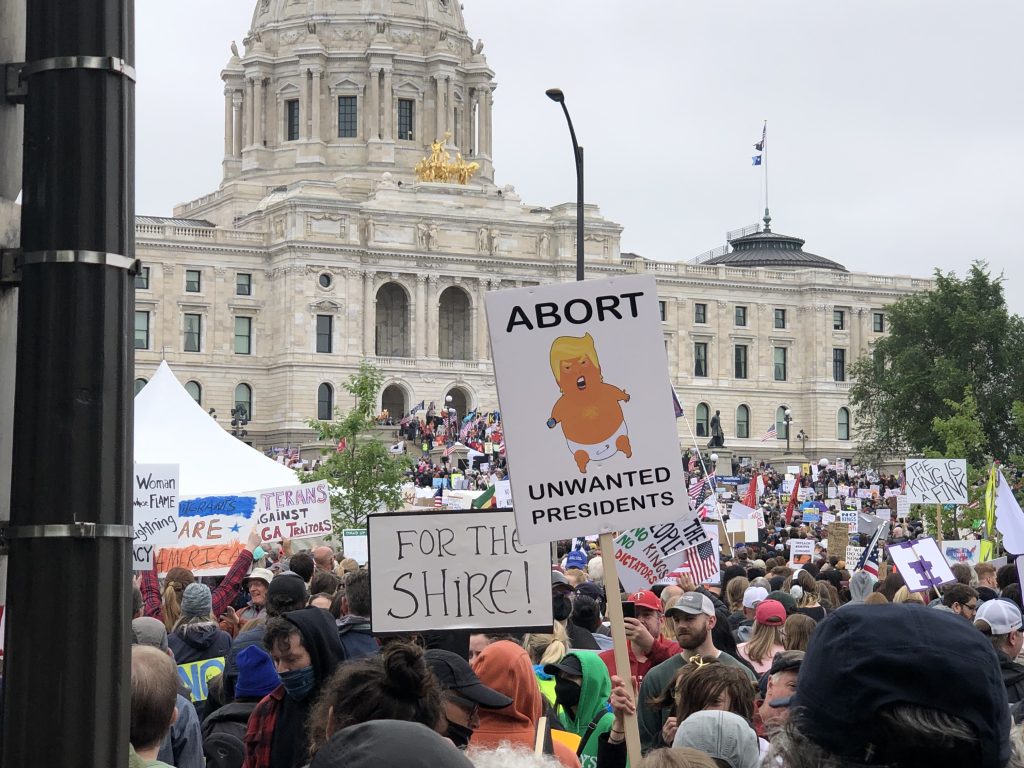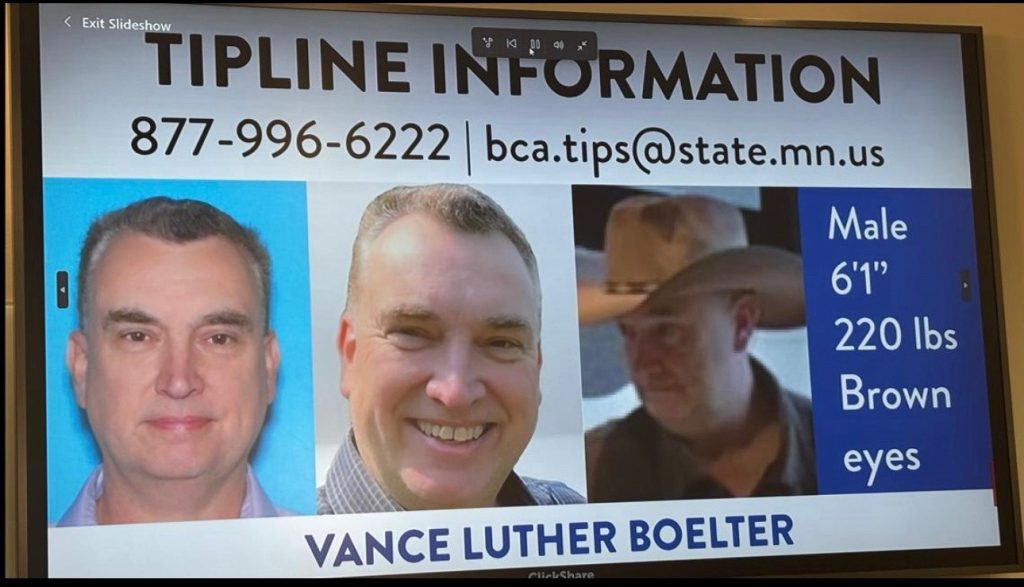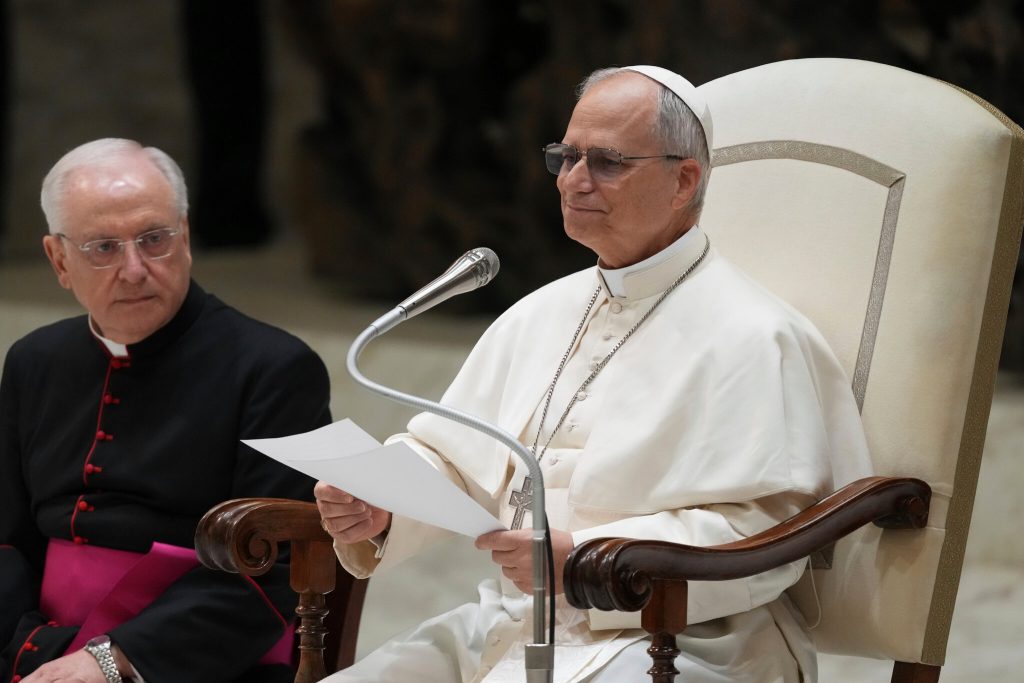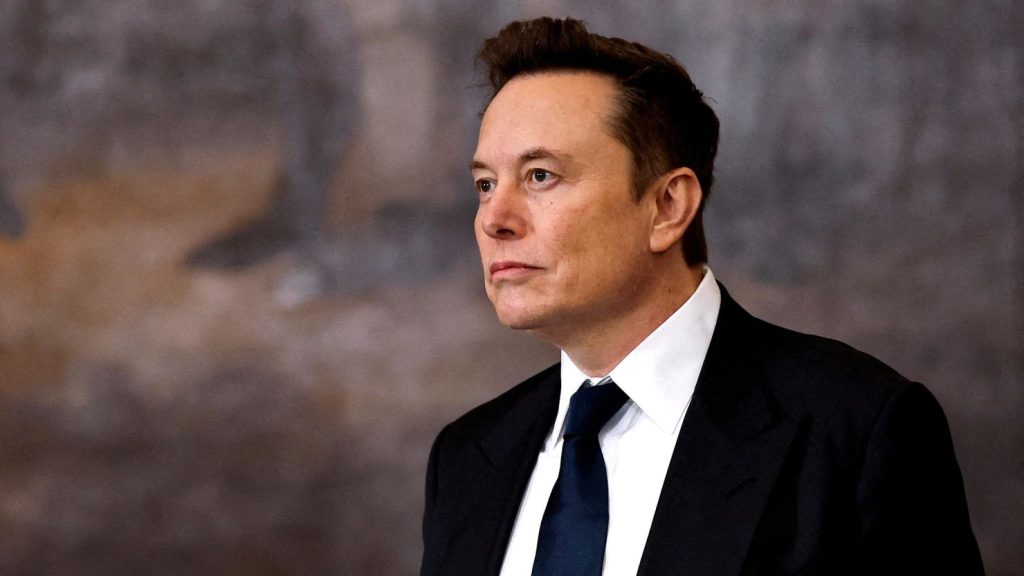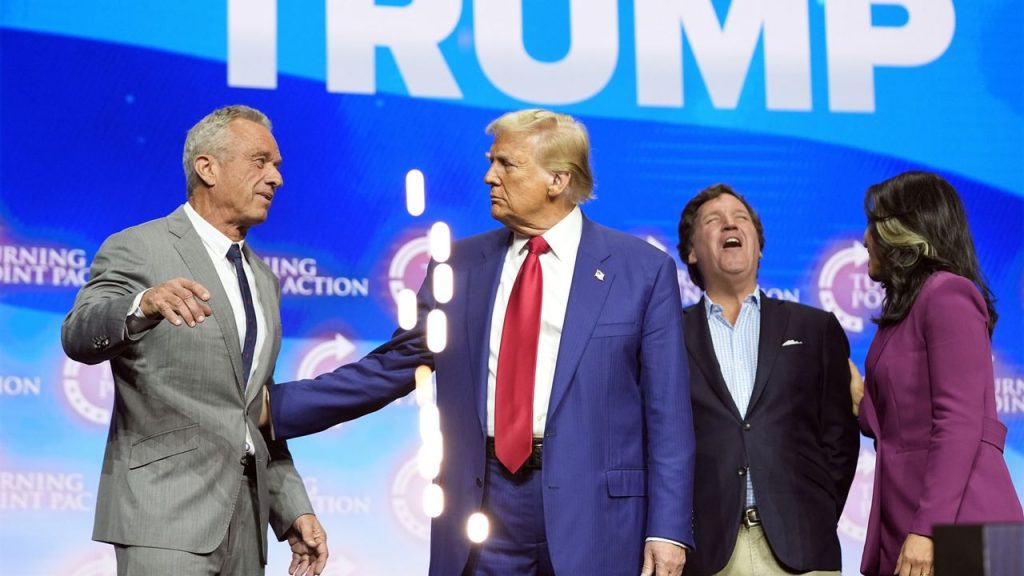Tim Walz’s Second Term: What He’s Accomplished So Far
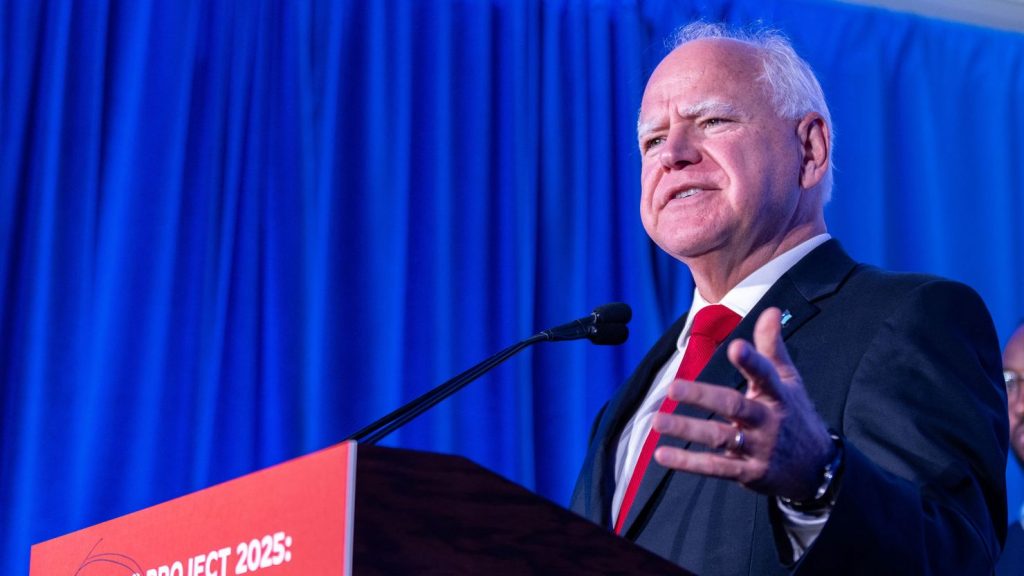
By: Jenna Pakirtzis
June 30, 2025
As he enters the second half of his stay as Minnesota’s 41st governor, Tim Walz has enacted some of the most groundbreaking progressive legislation in the state’s history. With equity, access, and opportunity at the core of his platform, here’s a look at what his administration has accomplished thus far.
Accomplishments
Historic Education Budget
Tim Walz, a respected high school teacher and football coach before entering politics, was once honored as the “most inspiring teacher.” His dedication to education is evident in his legislative work. One of his most significant achievements is securing the largest public school funding increase in Minnesota history, allocating 2.3 billion to education during his tenure.
Another major accomplishment in his education reform efforts was providing free school breakfasts and lunches to all children, regardless of economic background. This initiative ensures that every child in Minnesota receives two full meals a day throughout the school year.
As a result of these efforts, Minnesota saw its highest graduation rates on record for the 2024 graduating class, with 84% of students earning their diplomas.
Protecting Reproductive Rights for Generations to Come
In the face of uncertainty on the national level about reproductive rights, Walz reinforced Minnesota’s commitment to providing access to affordable, fully autonomous healthcare to all Minnesotans, championing reproductive justice.
Following the U.S. Supreme Court’s decision to overturn Roe v. Wade, Walz signed the Protect Reproductive Options Act into law, securing the right to make independent decisions about reproductive health, regardless of changes in the Minnesota Supreme Court. The law expands protections for access to contraceptives, abortion services, and fertility treatments, establishing Minnesota as a leader in reproductive rights.
Legal Adult-Use Cannabis
In 2023, Governor Walz signed bill HF 100 into law, legalizing adult-use cannabis and creating a regulated industry in Minnesota. The legislation established the Office of Cannabis Management to oversee licensing, sales, and public health and safety standards. It also introduced a 10% tax on all recreational cannabis sales, contributing to economic growth and industry development.
This law decriminalized the possession of cannabis in specific amounts, signaling a significant shift away from federally recommended criminal penalties. A key provision of the bill established the Cannabis Expungement Board and introduced the automatic expungement of low-level cannabis convictions, an overdue step toward justice, particularly for communities of color disproportionately affected by strict cannabis enforcement.
Supporting Minnesota Families
The Walz administration has delivered sweeping policies aimed at improving the lives of working and middle-class families throughout the state. The 2023 Minnesota Omnibus Tax Bill, or HF 1938, established a Child Tax Credit providing up to $1,750 per qualifying child under the age of 18, with no cap on the number of qualifying children a family can claim. This refundable credit is projected to reduce child poverty in Minnesota by as much as one-third, marking it as one of the most ambitious anti-poverty initiatives in the nation. As of early 2025, 236,000 families have benefited, receiving an average credit of $2,172 per return.
In that same year, Walz signed a historic Paid Family and Medical Leave bill, guaranteeing that Minnesotans no longer have to choose between their health, families, and livelihoods. Set to take effect in January 2026, the program provides a minimum of 12 weeks per year for individuals facing a serious illness or injury, welcoming a new child through birth or adoption, or caring for an ill or injured family member.
The North Star Promise
Signed into law in 2023, the North Star Promise Scholarship Program is designed to remove financial barriers to higher education and increase college enrollment among Minnesota residents. It covers tuition and fees at public universities, colleges, and tribal colleges for families earning less than $80,000 per year, supporting both two-year and four-year degree programs.
Walz’s commitment to expanding educational access through the North Star Promise reflects his broader dedication to equity and opportunity, making a lasting investment in Minnesota’s future.
A Sustainable Minnesota
In 2023, Walz helped set one of the boldest clean energy goals in the nation by signing the Clean Electricity Standard, a law requiring Minnesota’s utilities to provide 100% carbon-free electricity by 2040. By 2030, providers are expected to provide 80% carbon-free electricity, and 90% by 2035. Walz didn’t just stop at signing this bill; he’s also worked to remove bureaucratic roadblocks that could slow the clean energy transition process. In 2024, with a wind energy farm in Dexter, Minnesota as his backdrop, Walz signed the Minnesota Energy Infrastructure Permitting Act, or the MEIPA. This bill acts to speed up the permitting and construction side of things for renewable energy projects, saving an estimated 9 to 12 months from development plans. Walz is helping Minnesota transition to clean energy faster, solidifying his plans for our state’s long-term commitment to halting climate change.
Looking Ahead
Governor Tim Walz’s record shows his commitment to keeping his promises, with his leadership rooted in equity, opportunity, and a long-term commitment to bettering Minnesota. Whether he’s fighting climate change, child poverty, or making education more accessible for all Minnesotans, his administration has left a mark on every part of Minnesota life. As we watch his term continue to play out, what more will he accomplish, and will we be asking him to lead us again?


